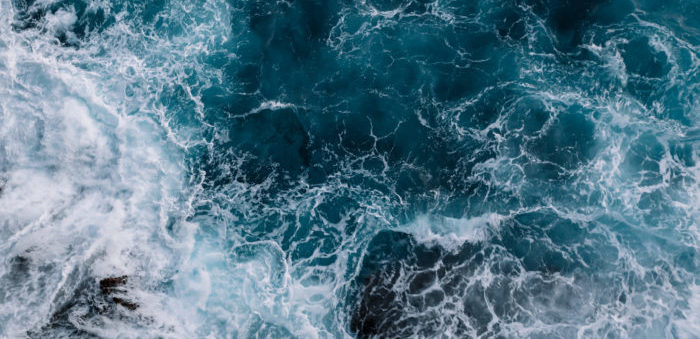Japan will acquire an autonomous underwater vehicle in 2020, in line with the Government’s search for industrially vital rare-earth elements, in what officials describe as the world’s first survey of its kind, according to Nikkei Asian Review.
Specifically, the vehicle is constructed by the U.S.-based Woods Hole Oceanographic Institution and will bounce ultrasound waves off the seabed 6,000 meters below the Pacific Ocean east of Japan.
For the project, Japan will spend about 1 billion yen ($9.2 million), for the AUV and the rest of the equipment.
The Japan Agency for Marine-Earth Science and Technology will participate in the survey and developed a method of vacuuming up rare earths-laden mud from the seabed through a nearly 1,500-ton pipe lowered from a survey ship.
Underwater surveys provide the ability to search a wider part of the ocean floor, in comparison to the conventional sampling methods.
The project has commenced at a time of a growing international competition for rare earths.
China is the world’s largest producer of these metals; Although, Japan is reliant to China for about 60% of its rare-earth supply, the waters around Minami-Torishima, an island over 1,800 km southeast of Tokyo, have been hailed as a potential domestic treasure trove of these minerals.
In light of the finding, Japan with the US-made underwater drone will explore whether high concentrations of rare earths are present in seabed mud and assess the size of any deposits.
If the survey successes, this will mark the first use of an AUV for rare-earth exploration, according to officials.
Moreover, the surveyors will place equipment on the ocean floor to help the AUV charge its batteries and relay data.
The ocean floor consists of, what is also called rare earth, 17 elements including neodymium. The are added in small amounts to alloys and other materials to improve magnetism and other properties.
Japan has been working for years to develop domestic sources of these elements — an effort that gained urgency in 2010 when China temporarily restricted exports of rare earths amid a diplomatic dispute with Tokyo.





























































